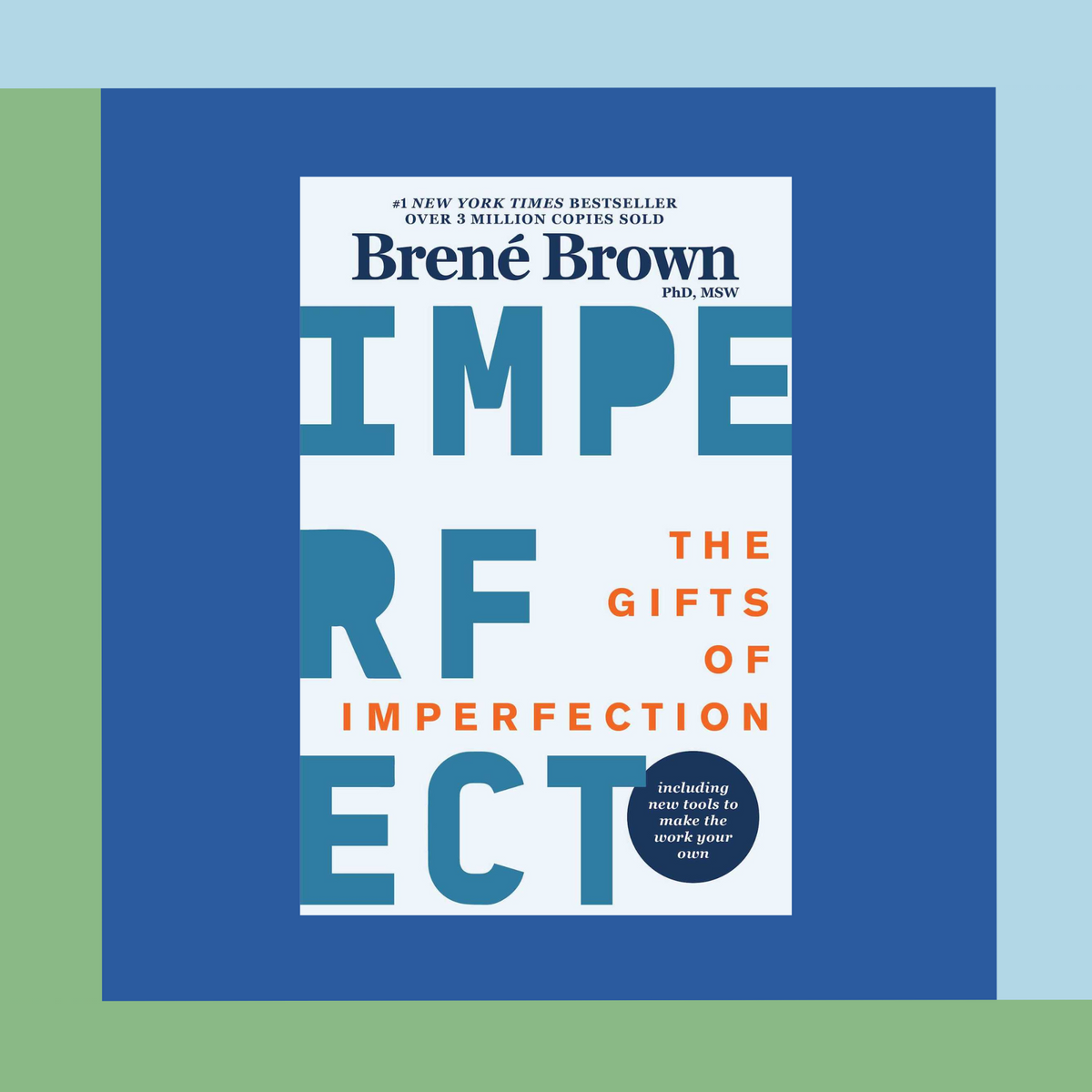The personal growth pick you should read in the new year.
Which Book You Should Cozy Up With, Based On Your Enneagram Type

One of the things I love most about the Enneagram is that it helps me focus on what's really important in my personal development. Sure, I could read books about burnout culture and how getting in touch with my emotions is important — but since I'm a Type 4, that would actually be kind of the *opposite* of the work I need to do personally. If you already know your Enneagram type and are looking for a good book to cozy up with this winter, why not go straight to the heart of the matter and read a self-help book that suits your biggest struggles? Here are some great picks to start with, based on the nine Enneagram types.
Type 1: Judgement Detox by Gabrielle Bernstein

Type 1s struggle with judgement, not only towards other people, but also towards themselves and greater society. In her book Judgement Detox, Gabby Bernstein offers advice on how to move from judgement to compassion, release rigid ways of thinking, and move toward a more relaxed way of being that allows life to flow more gently and easily.
Type 2: The Courage to Be Disliked by Ichiro Kishimi

Type 2s often get stereotyped as helpers, but not all 2s are obsessed with helping. What makes someone a Type 2 is a need to be liked, whether they achieve it by helping others, offering advice, being cheerful and upbeat, or getting others to help them. The Courage to Be Disliked is a must-read for any 2 who wants to make meaningful change in their lives.
Type 3: The Gifts of Imperfection by Brené Brown

Type 3s are driven to show a perfect image to those around them, as well as to themselves. For 3s, falling short of goals and not obtaining a high standing in society (however they define that) is equivalent to failure. The Gifts of Imperfection is a perfect read for anyone who needs to make peace with their shortcomings, live more authentically, and realize that their achievements don't define them.
Type 4: After the Ecstasy, the Laundry by Jack Kornfield

For emotionally attuned Type 4s, personal growth has to do with emotional regulation and getting things done. Type 4s need to learn to be more practical in their day-to-day lives, attending to tasks that might seem trivial or mundane rather than pursuing creativity, spirituality, or imagination. In this book, Jack Kornfield reminds readers that true personal growth requires having the emotional control to do things you don't feel like doing — like your laundry.
Type 5: Emotional Intelligence by Brandon Goleman

Type 5s often get the feedback that they're closed off from others, and not great at opening up or conveying their emotions. For them, building emotional intelligence and learning how to let others in (and to allow others to embrace their own emotions in the 5's presence) is a worthwhile challenge.
Type 6: Stop Overthinking by Nick Trenton

For Type 6s, overthinking leads to self-doubt, paranoia, negativity bias, and catastrophizing. In Stop Overthinking, Nick Trenton helps readers realize how their negative thought patterns are impacting their ability to see things clearly. Once Type 6s can learn to stop overthinking, they'll be able to make better decisions, embrace uncertainty when it arises, and feel more self-assured.
Type 7: In the Realm of Hungry Ghosts by Gabor Maté

In the Realm of Hungry Ghosts may be about addiction, but Type 7s might find that even if they haven't struggled with substance abuse per say, the themes are still relevant to their lives. Type 7s chase highs, whether that's with substances, positive thoughts, or fun activities, and they do this in order to avoid feeling trapped or in pain. Once they can see how they continually turn toward pleasurable things to fill a void, they can start liberating themselves from the trap of toxic positivity.
Type 8: Daring Greatly by Brené Brown

Type 8's greatest challenge is to acknowledge their vulnerability, which is extremely scary for them. They prefer to see themselves as indestructible, able to achieve whatever they set their minds to. Daring Greatly teaches the message that getting in touch with our own vulnerability is actually the bravest thing we can do, and it helps us to make wiser decisions and to show up more authentically in everything from our work to our relationships.
Type 9: Boundaries by Henry Cloud

Type 9s' biggest struggle is knowing when to say no. By waking up to the fact that they don't have healthy boundaries with others, 9s can begin to identify when they're passively going along with others, even though they might not want to. Having healthy boundaries can help 9s identify their own wants, desires, and areas for improvement.
Love this Enneagram books roundup? Subscribe to our newsletter for more personal growth and wellness content!



















